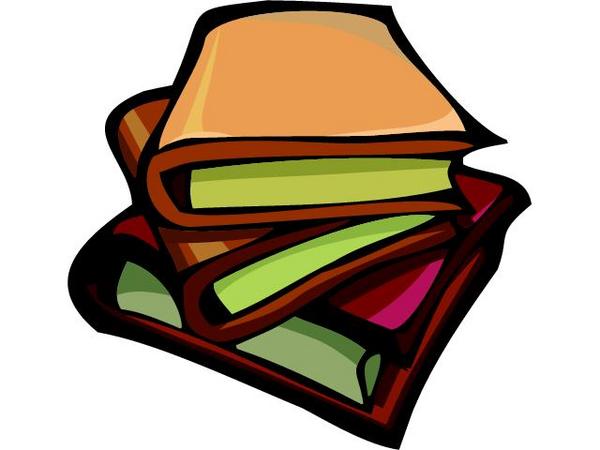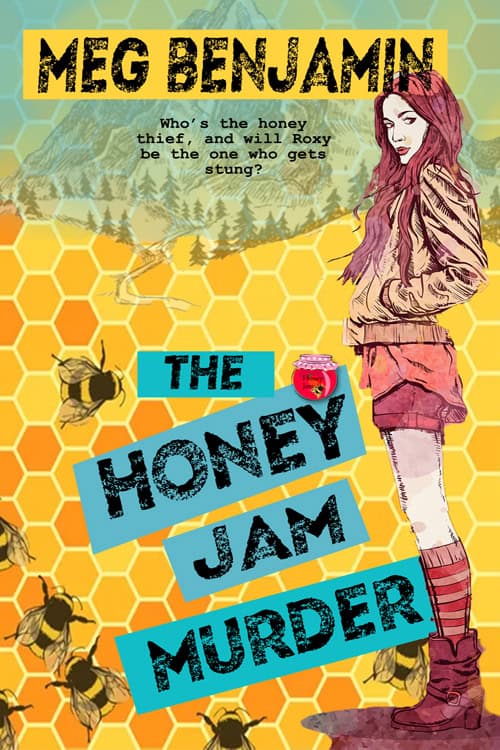The Self-Pubbed Dilemma
 Once again, the Romance Writers of America finds itself in controversy. This is nothing new, of course. Given RWA’s widespread membership (and past hostilities), it’s inevitable that the organization hits rough spots. But this time they’re hitting a rough spot that most of the other writers’ organizations will also be hitting soon: What constitutes a professional writer?
Once again, the Romance Writers of America finds itself in controversy. This is nothing new, of course. Given RWA’s widespread membership (and past hostilities), it’s inevitable that the organization hits rough spots. But this time they’re hitting a rough spot that most of the other writers’ organizations will also be hitting soon: What constitutes a professional writer?
The genesis of the problem is, of course, the self-pubbing phenomenon. For those who are just coming onto the scene, the advent of Smashwords and Amazon Publishing has made it possible for anyone to publish a manuscript electronically, without the intervention of a professional publisher. Several published authors have seized on this option as a way to publish out-of-print titles, as well as new titles that have yet to be contracted. The great attraction, of course, is that the author reaps all the book’s profits after publishing expenses, and for authors with an established reputation (and following) like J.A. Konrath the rewards have been immense.
But, of course, it isn’t just published authors who have taken advantage of the self-publishing business. Unpublished writers have also rushed to put up their manuscripts, frequently unedited and unread by anyone except the author. The result has been predictable. While a few authors have flourished, there have also been some very public disasters (e.g., the Jacqueline Howett trainwreck). And now the writers associations are faced with a dilemma: is self-publishing a book enough to qualify a writer for membership?
There are lots of ramifications for this decision, but let’s concentrate on one in particular where RWA is concerned—the RITA contest. The RITA is RWA’s award for published authors. The entries are dominated by large New York publishing houses and the contest depends on published authors to serve as judges. At the moment, all entries must be from established publishers, but if self-pubbing becomes more dominant among the RWA membership, there will undoubtedly be a push to open the RITA to self-pubbed authors as well.
So what, you might say? Well, as a past RITA judge, I’m here to tell you I’d think twice about volunteering again. I’ve also judged several contests for unpublished writers. Some of the entries I’ve seen are terrific and certain to be published. Some are decent but flawed—the authors will probably be able to publish with a little work. But some are dreck. The only saving grace with those is the fact that the entries are only twenty-five pages long. If I had to read several book-length entries that were that bad, I’d probably throw in the towel.
Would the self-pubbed books all be dreck? Of course not. But the chances of running into dreck will increase if the manuscript hasn’t been checked over by anyone but the author. And trying to limit self-pubbed entries to those that have been professionally edited is going to be, well, difficult.
So what to do? Do you limit the entries to those published by established publishing houses (which is what RWA does now)? Self-pubbed authors whose books have sold lots of copies will argue that’s hardly fair. But how do you clamp some kind of quality control on entries so that judges aren’t reading books that are semi-literate?
EPIC (the Electronic Publishing Internet Connection), which has longer experience with ebooks than RWA, has always refused to include self-pubbed books in its EPIC Awards. RWA can certainly do the same, but if it does, the debate is likely to be fierce since RWA is still reaping the results of the hostility created by its long-time anti-epub stance.
The publishing industry is in a state of flux, and the ultimate result is still unclear. But organizations like RWA can’t wait to see how everything falls out. They need to start thinking about this now.
Posted in Blog • Tags: On Reading, On Writing, RITA, RWA, self-publishing | 12 Comments









Well said! When I saw the Amazon self-pub program, I thought *Hurray!* for back-list of published authors. But, didn’t think ahead to RWA and the problems it would bring. I agree-need to be ahead of this problem. Thanks Meg!
To me, the sensible thing to do is to have a separate category of the award specifically for self-pubbed books. At least for now.
Thanks Heidi. Teri, that idea would be tremendously sensible, but probably not doable at the moment since RWA is still having battles over even allowing ebooks published by established firms into the RITA.
I hadn’t even thought about this. Yeah, the next year or two are going to be very interesting. Do you think putting a number on self-pubbed, as in “sold more than 5K copies” or something would increase the quality level? Or would that cause more problems? I know enforcing random numbers has caused problems before.
I think random numbers would be one solution, but the question then would become what number is high enough. It’s a real conundrum, and I’m sure RWA and the other writers’ orgs are unenthusiastic about tackling it.
So are digital first books not eligible for RITAs? I didn’t know that, but that sounds extremely unfair. That’s probably 30-40% of the romance I read and several of my favorite authors.
The books for the RITA have to be in print, but they can have appeared in digital form first. So, for example, the books I’ve done for Samhain, which appear first as ebooks and then as print books, are eligible.
I looked this up the other night because one of my friends is with a digital first publisher and wants to enter next time around. I couldn’t find anything that excluded digital first books. Looks like it comes down to how the publisher pays the author, as in, if they must recoup their expenses before paying any kind of royalty, then the book would not qualify.
The RITA rules tend to change frequently, but the one constant is that the book must be submitted in print, not digital. My understanding is that they require bound copies, not printouts. Now some publishers will, in fact, do POD for authors who have only digital, but they can’t just submit a digital copy. This was a big topic on the PAN list this time around since some judges are outside the US and it can take them a looooong time to get their copies. But the RWA Old Guard was adamant that digital copies would not be acceptable. I blogged about this too, as a matter of fact: http://megbenj1.wordpress.com/2011/01/27/rita-and-me/
I guess that is another hook. I was thinking most digital first pubs send books to print eventually, but that’s probably not the case, huh? And a lot of the shorter works, that would fit the novella description, never go to print. I’m seeing the issue clearer now. Hmmm….
More walls to break down.
There is some momentum for allowing digital books in the RITA, but there’s also a lot of opposition. So, yeah, it’s definitely a wall.
Just an FYI – the BOD approves the rules and categories for the next year’s RITA and Golden Heart at the Board meeting prior to the National Conference. So the 2012 RITA contest rules were approved by the board at the July 24-25, 2011 meeting. Since entry is in the fall of 2011, rules and regs have to be in place before entries start coming in and won’t be looked at again until the July 2012 Pre-National Conference BOD meeting and that will be for the 2013 contests.
But between then and now, that’s why you have a BOD. Take your concerns to them.
Interesting discussion, however. Meg has pointed many of the problems judges might face.